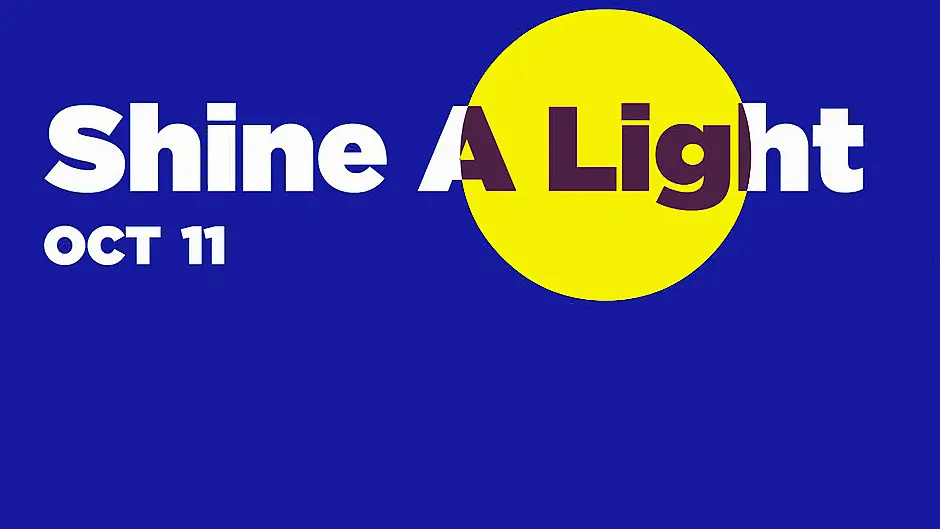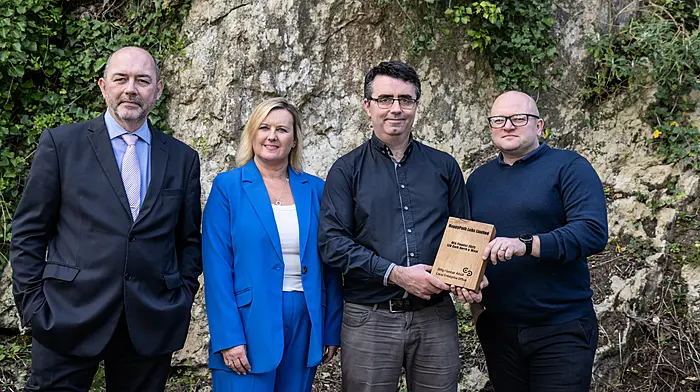FOCUS Ireland is calling on Cork business leaders to unite to help end the nation’s homelessness crisis by sleeping out for Shine a Light on October 11th. The charity issued an open letter signed by Pat Dennigan, Focus Ireland ceo, and supported by Bord Gáis Energy, addressed to the heads of all Irish business organisations.
It asks them to ‘use their resources and innovative capabilities’ to make a practical impact on Ireland’s housing and homelessness issue, and to lead by example this October 11th for Shine A Light, by taking part in a sleep out.
‘Sleeping out for one night is not the same as experiencing homelessness but it is a chance for people to show they care and stand in solidarity with over 14,429 people now homeless in Ireland,’ he said.
The number of people supported by Focus Ireland, rose by almost 2,000 or more than 12% last year. In 2023, the charity supported 680 households in Cork who were homeless or at risk of homelessness.
At the end of February 2024, there were 569 adults homeless in Cork and 183 children officially recognised as homeless in Cork and Kerry. Focus Ireland began work in Cork in 2007 and now provides 152 homes throughout the city and county, through the Focus Housing Association in close partnership with local authorities. In the letter to business leaders, Mr Dennigan said homelessness is ‘one of the most pressing social issues facing Ireland today,’ describing the most recent homelessness figures as ‘heartbreaking’. He also highlighted the fact that despite Ireland’s current economic prosperity, homelessness in Ireland is now higher than at any point in recent history.
In response to the crisis, Focus Ireland, supported by Bord Gáis Energy, is calling for Ireland’s business leaders and the wider community to unite for Shine A Light on October 11th, to create ‘a national day of empathy and
action’ for those living in hidden homelessness.
The latest Department of Housing report shows that 14,429 people are currently accessing emergency accommodation across the country, including more than 2,090 families and 4,401 children. In the last 12 months, there has been an increase of 1,582 people (12%) in emergency accommodation.
The majority of those experiencing homelessness are staying in unsuitable emergency accommodation such as hostels or hotels. These are not homes; they are often overcrowded, noisy environments lacking privacy or security, where people struggle to rebuild their lives.
Mr Dennigan commented on the fact that children growing up without stable housing are particularly impacted, experiencing severe setbacks in their education, health and overall well-being. For children of school-going age, homelessness can impact their ability to build friendships, as they don’t have the same home based opportunities to host playdates or parties as other children their age.
Furthermore, without proper support, children living in emergency accommodation can experience malnutrition, developmental delays, psychological issues and devastating lifelong consequences.







